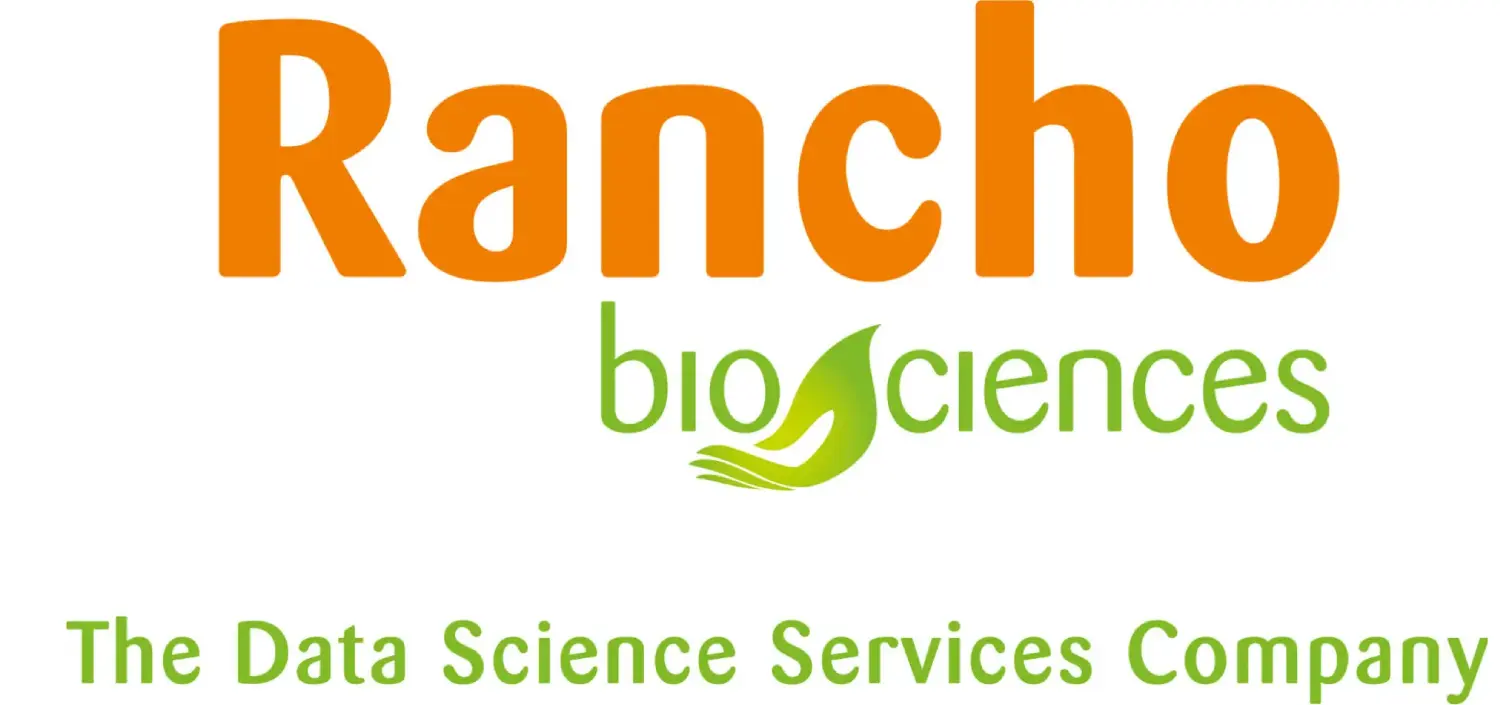Flow Cytometry: Unraveling Cellular Mysteries in Research & Medicine
Flow cytometry is a powerful analytical technique that has revolutionized cellular analysis in various scientific fields. This sophisticated method allows researchers and clinicians to examine and sort individual cells based on their physical and chemical characteristics. By providing rapid multiparameter analysis of thousands of cells per second, flow cytometry has become an indispensable tool in modern science and medicine. Below, the team from Rancho BioSciences, a premier provider of life science data services, from flow cytometry to data curation and bioinformatics services, explore the wide-ranging applications of flow cytometry and its impact on research and clinical practice.
Understanding the Basics of Flow Cytometry
Before delving into its applications, let’s briefly explain how flow cytometry works. The process involves:
- Sample preparation – Cells are suspended in a fluid and labeled with fluorescent markers.
- Flow chamber – The cell suspension is passed through a narrow channel, aligning cells in single file.
- Laser excitation – As cells pass through the laser beam, they scatter light and emit fluorescence.
- Detection – Optical detectors capture the scattered light and fluorescence signals.
- Data analysis – Specialized software processes the signals, providing detailed information about each cell.
Now let’s explore the diverse applications of this versatile technology.
Medical Research & Drug Discovery
Flow cytometry plays a crucial role in advancing medical research and drug discovery.
Immunology Studies
Flow cytometry is extensively used to analyze immune cell populations, their activation states, and cytokine production. This information is vital for understanding immune responses and developing new therapies for autoimmune diseases, allergies, and infections.
Cancer Research
In cancer studies, flow cytometry helps researchers identify and characterize tumor cells, assess their proliferation rates, and analyze their response to potential treatments. It’s particularly useful in studying rare cancer stem cells and developing targeted therapies.
Stem Cell Research
Scientists use flow cytometry to isolate and study stem cells, which are crucial for regenerative medicine. The technique helps researchers identify specific stem cell markers and monitor their differentiation into various cell types.
Drug Screening & Development
Flow cytometry accelerates drug discovery by enabling high-throughput screening of compounds. Researchers can quickly assess a drug’s effects on cellular processes, toxicity, and efficacy.
Clinical Diagnostics & Patient Care
Flow cytometry has become an essential tool in clinical settings.
Hematological Disorders
Flow cytometry is widely used to diagnose and monitor blood disorders such as leukemia and lymphoma. Flow cytometry can identify abnormal cell populations and track treatment progress.
HIV/AIDS Monitoring
CD4+ T cell counts, crucial for monitoring HIV progression and treatment efficacy, are routinely measured using flow cytometry.
Organ Transplantation
The technique assesses organ compatibility and monitors post-transplant rejection by analyzing donor-specific antibodies and immune cell activation.
Rare Disease Diagnosis
Flow cytometry is valuable in diagnosing rare genetic disorders by detecting specific cellular abnormalities or protein deficiencies.
Environmental & Industrial Applications
Beyond medicine, flow cytometry finds applications in various other fields.
Water Quality Assessment
Environmental scientists use flow cytometry to analyze microbial populations in water samples, monitor water quality, and detect contamination.
Food & Beverage Industry
The technique is employed to assess microbial content in food products and beverages, ensuring quality control and safety.
Bioprocess Monitoring
In biotechnology, flow cytometry optimizes fermentation processes by analyzing cell viability and productivity in bioreactors.
Marine Biology
Researchers use flow cytometry to study phytoplankton populations in oceans, providing insights into marine ecosystems and climate change impacts.
Emerging Applications & Future Prospects
As technology advances, new applications for flow cytometry continue to emerge.
Single-Cell Genomics
Combining flow cytometry with next-generation sequencing allows for high-resolution analysis of gene expression in individual cells, revolutionizing our understanding of cellular heterogeneity.
Extracellular Vesicle Analysis
Flow cytometry is being adapted to study extracellular vesicles, such as exosomes, which play crucial roles in cell-to-cell communication and disease progression.
Microfluidic-Based Cytometry
Miniaturized flow cytometry systems are being developed, enabling point-of-care diagnostics and expanding the technique’s accessibility.
Artificial Intelligence Integration
Machine learning algorithms are enhancing flow cytometry data analysis, improving accuracy and revealing complex cellular patterns.
Challenges & Limitations
While flow cytometry is a powerful tool, it’s important to acknowledge its limitations:
- Sample preparation complexity
- Potential for cell damage during analysis
- High equipment and maintenance costs
- Need for skilled operators and data analysts
Researchers and manufacturers are continuously working to address these challenges, making flow cytometry more accessible and user-friendly.
Flow cytometry has come a long way since its inception, evolving into an indispensable tool across various scientific disciplines. Its ability to provide rapid multiparameter analysis of individual cells has transformed our understanding of cellular biology, accelerated medical research, and improved clinical diagnostics.
As technology continues to advance, we can expect flow cytometry to play an even more significant role in unraveling the complexities of cellular systems. From personalized medicine to environmental monitoring, the applications of flow cytometry are vast and growing. By harnessing the power of this versatile technique, scientists and clinicians are pushing the boundaries of knowledge and improving human health and our understanding of the world around us.
Whether you’re a researcher, clinician, or simply curious about cellular analysis, flow cytometry offers a fascinating window into the microscopic world of cells. As we look to the future, it’s clear this powerful technology will continue to drive innovation and discovery across multiple fields of science and medicine.
If you’re looking for a reliable and experienced partner who can provide high-quality flow cytometry services for your data science projects, look no further than Rancho BioSciences. We’re a global leader in data curation, analysis, and visualization for life sciences and healthcare. Our team of experts can handle any type of data, from genomics to clinical trials, and deliver high-quality results in a timely and cost-effective manner. Whether you need to clean, annotate, integrate, visualize, or interpret your data, Rancho BioSciences can provide customized solutions that meet your specific needs and goals. Contact us today to learn how we can help you with your data science challenges.
